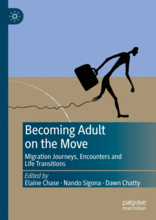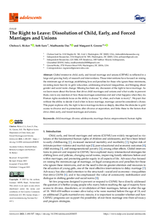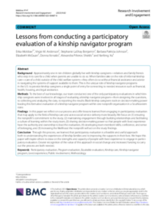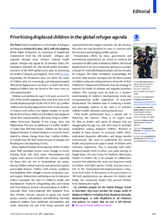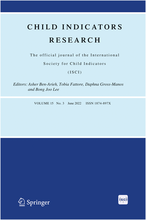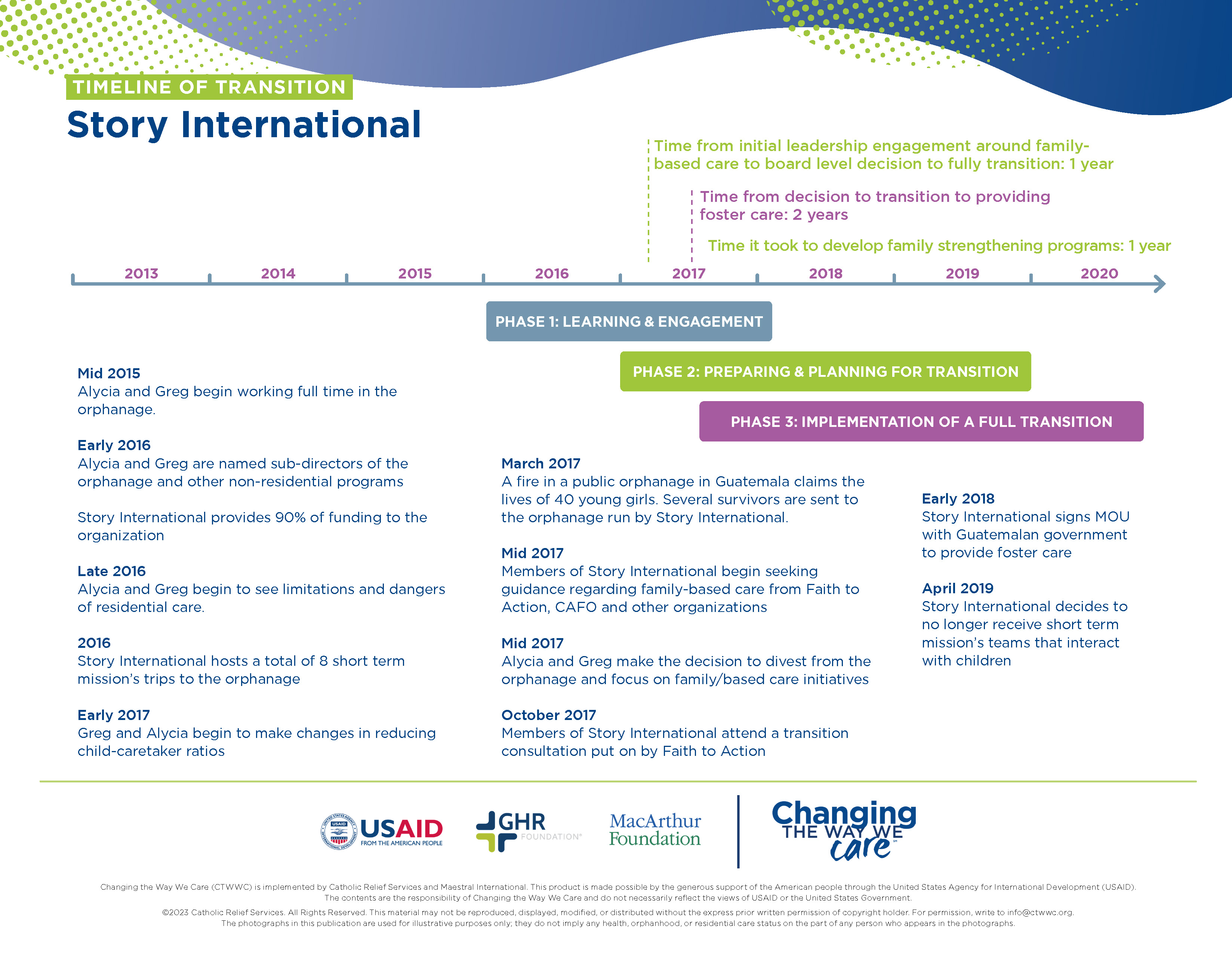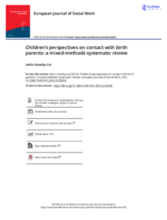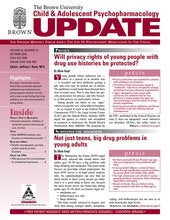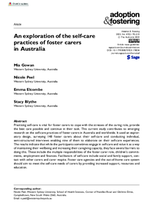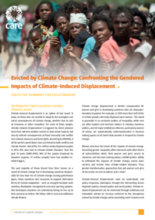Displaying 131 - 140 of 1343
This edited collection situates the migration of children and young people into Europe within a global framework of analysis and provides a holistic perspective that encompasses cultural media, ethnographic research and policy analysis. Drawing on a unique study of young unaccompanied migrants who subsequently became ‘adult’ within the UK and Italy, it examines their different trajectories and how they were impacted by their ability to secure legal status.
This paper explores why the right to leave marriage matters, describes the obstacles to girls’ access to divorce and to protections after divorce or separation, and links these to the factors that drive child, early, and forced marriages and unions. The authors reviewed reports and evidence from countries in all regions of the world by drawing on a previous systematic scoping review and related research done by the authors.
In this paper the authors reflect on their process and offer lessons learned from engaging in participatory evaluation that may apply to the field of kinship care and across social service delivery more broadly.
This editorial published in the August 2023 issue of the The Lancet Child & Adolescent Health Journal discusses the needs of children who are disproportionately affected by displacement. The author urges countries to consider the unique needs of displaced children—including those displaced internally, disadvantaged, or with disabilities—in all initiatives and policies, to ensure that no one is left behind ahead of the Global Refugee Forum in December 2023.
This global study investigates how adolescents between 12 and 18 years old in residential and non-residential youth care services perceive their quality of life on the basis of a new specific measure: the Quality of Life in Youth Services Scale (QOLYSS).
This global literature review seeks to draw attention to children’s perspectives regarding contact with birth parents when in out-of-home care. By collecting and systematizing existing knowledge on children’s experiences with contact, this article aims to make it more accessible and easily applicable for further investigation.
This study contributes to emerging research on the self-care practices of foster carers in Australia and worldwide.
Climate-induced displacement is an option of last resort. It preys on those who are unable to adapt to the ecological and social consequences of climate change, whether due to lack of resources or other inequities. For most of these people, climate-induced displacement is triggered by direct physical harm from extreme weather events or slow-onset impacts, but also by indirect consequences on food insecurity and conflict over natural resources and land rights.

